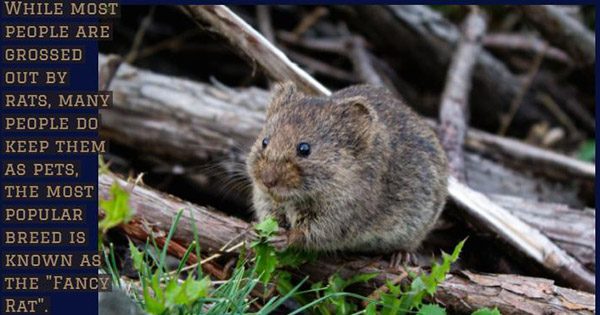
Humane Solutions: What to Expect From Live Rodent Removal Services
Rodents are everywhere in the United States. From your average neighborhood squirrel to the pet Fancy Rat that your best friend owns, it’s hard to go very far without spotting them. The problem arises when they start making your home their home without permission. Rodent infestations pose a number of problems; they increase your chances of experiencing an electrical fire, can contaminate your food, and can cause an incredible amount of damage considering their size. Rather than setting poisonous or agonizing traps for these critters, let’s take a look at humane rodent removal services.
The Ins and Outs of Live Trapping
Any animals that have made themselves at home in your walls, attic, or basement can be removed with live trapping techniques. Once the primary and secondary entry points for your unwanted rodents have been identified, they will be sealed off; this leaves one main entry point open where a repeating live cage will be placed. The live removal of squirrels, rats, and mice can be controlled with these traps. They are then released back into the wild some distance away from your home and the final entry point is sealed at last.
Making Your Home Less Inviting
You may have closed up the holes in your home, but there are other steps you can take to ensure that your rodent problem doesn’t rear its furry face again. The kitchen is often a focal point for these creatures; eliminate access to food by keeping counters, floors, and cabinets free of crumbs, seal your trash by using bungee cords on the lids, pick up your dog or cat’s food at night, and never feed wildlife. You can also reduce hiding places by keeping grass and vegetation trimmed back and by storing outdoor furniture, grills and barbecues, and wood piles away from buildings. If you only hired rodent control services to deal with the animals themselves, you’re overlooking the root of the problem.
Live removal of squirrels and other rodents can make a huge difference in both your life and the animal’s. As long as you’re willing to do your part, choosing the humane option will prevent further infestations without harming anyone or anything.
